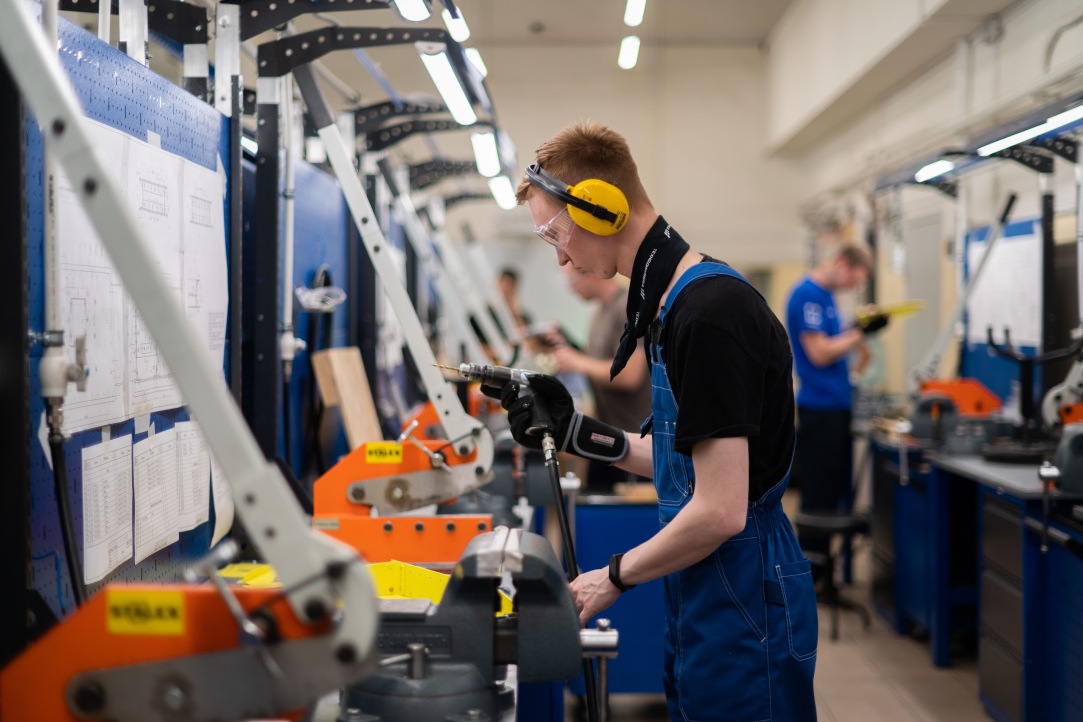
Sanctions Create New Opportunities for Russian Companies
Like any crisis, the sanctions of 2022, besides problems, have created new opportunities for Russian companies. This is the conclusion that HSE University’s experts have come to. Their study results are presented in the report ‘Adaptation of Russian Industrial Companies to Sanctions: First Steps and Expectations’, prepared by HSE University for the XXIV Yasin (April) International Academic Conference.

Search Query: How to Study Migration with Google Trends
Experts have calculated that the number of international students in Russia has grown six times over the last decade, and researchers say that many of those who are studying today would like to stay in the country. This, alongside issues such as why Google Trends are worth looking into, were covered at the HSE XXIV Yasin International Academic Conference on Economic and Social Development section on demography and labour markets.

12% of Middle-aged Female Russians Look After Both Children and Parents at the Same Time
Economists at HSE University and the Russian Presidential Academy of National Economy and Public Administration (RANEPA) have assessed the situation of women from the ‘sandwich generation’ — those who have to take care of both their children and elderly parents. The results were mixed: women in this situation often fail to eat regularly, neglect medical check-ups and are more likely to be overweight, but at the same time suffer less frequently from chronic diseases, smoke and drink less and generally show a higher level of life satisfaction. The preprint of the study is published in the Munich Personal RePEc Archive.
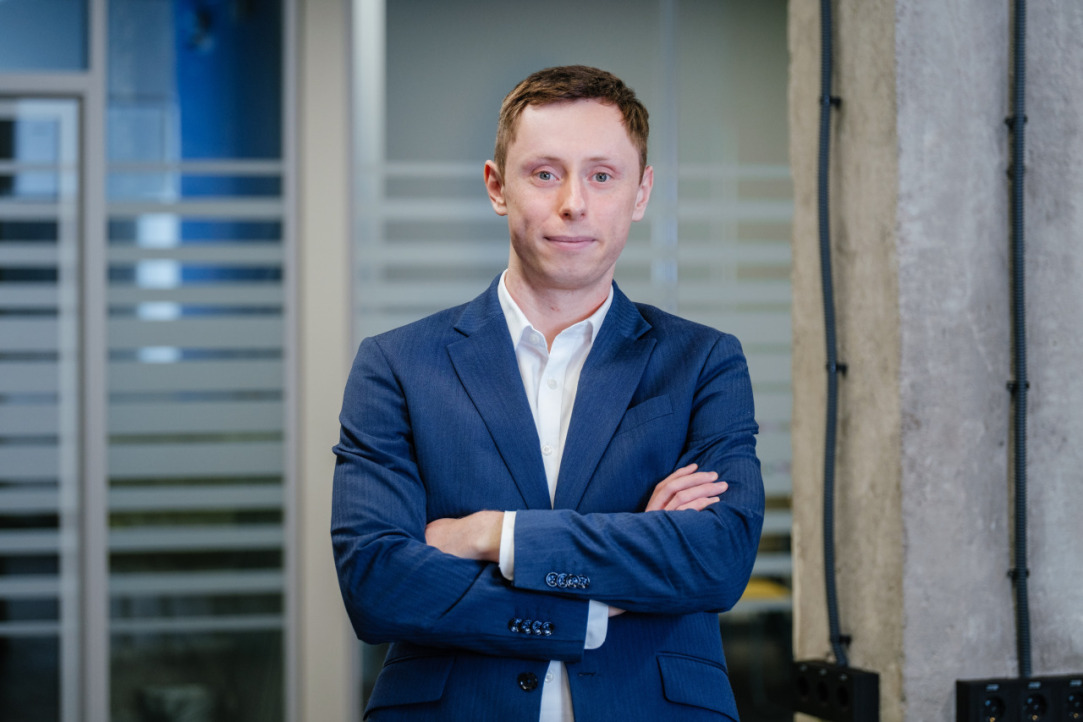
Two Qualifications, Projects with 18 Companies, and Studies in English
The International Bachelor's in Business and Economics opened at HSE University-St Petersburg a year ago. The programme offers English-taught studies in both economics and management at the same time. It is supported by corporate partners: VK, Gazprom, Sberbank, and others. Victor Krakovich, Academic Supervisor of the programme, explains how the educational process in the programme is structured.
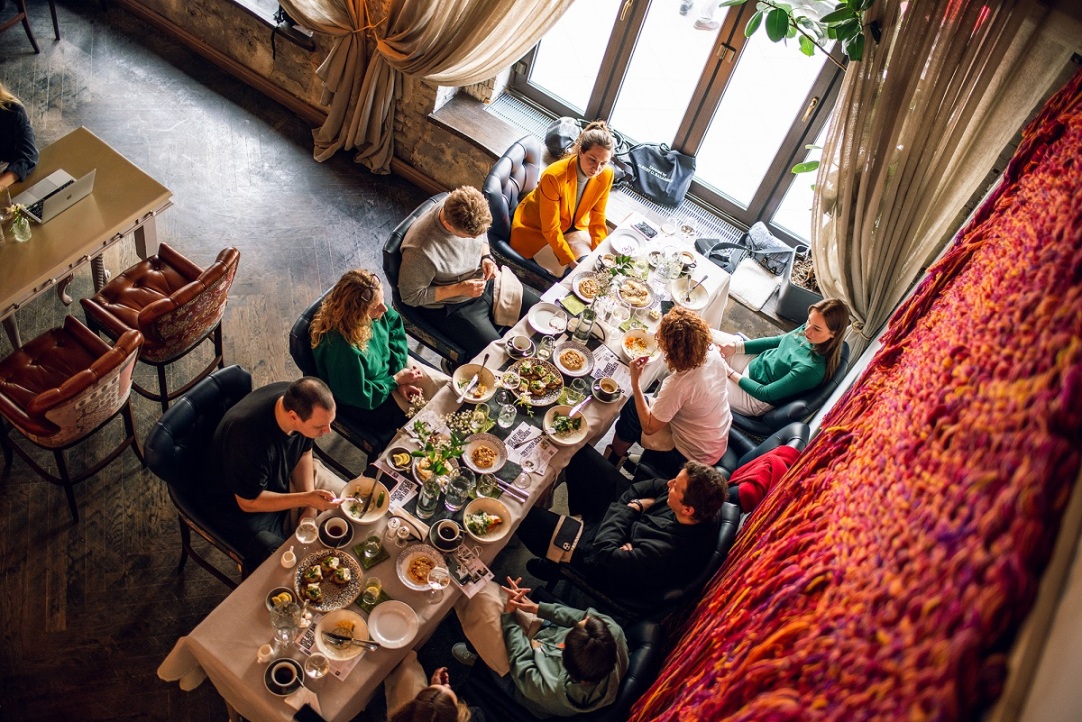
Creative City of HSE Art and Design School to Become a Meeting Point for Young Specialists and Customers
On March 27, the HSE Art and Design School organised a press breakfast. The meeting was focused on the creation of new strategies for the development of territorial branding in Moscow and other Russian cities. At the meeting, the participants discussed how to popularise creative industries today in order to create new interesting design projects in Russian regions and involve more specialists in this process, especially young and prospective ones.

Card File: Plurilingual Creativity
Fluency in foreign languages has multiple advantages in terms of cognitive abilities, communication skills, cultural awareness, and career advancement. But can bilingualism and plurilingualism (knowledge of multiple languages and related cultural contexts) contribute to creative thinking and one's ability to generate new ideas? Studies have shown that linguistic, intercultural and creative competencies are interrelated, and their synergy can give rise to plurilingual creativity. The following overview is based on several papers by Anatoly Kharkhurin, Director of the HSE Laboratory for Linguistic, Intercultural and Creative Competencies.
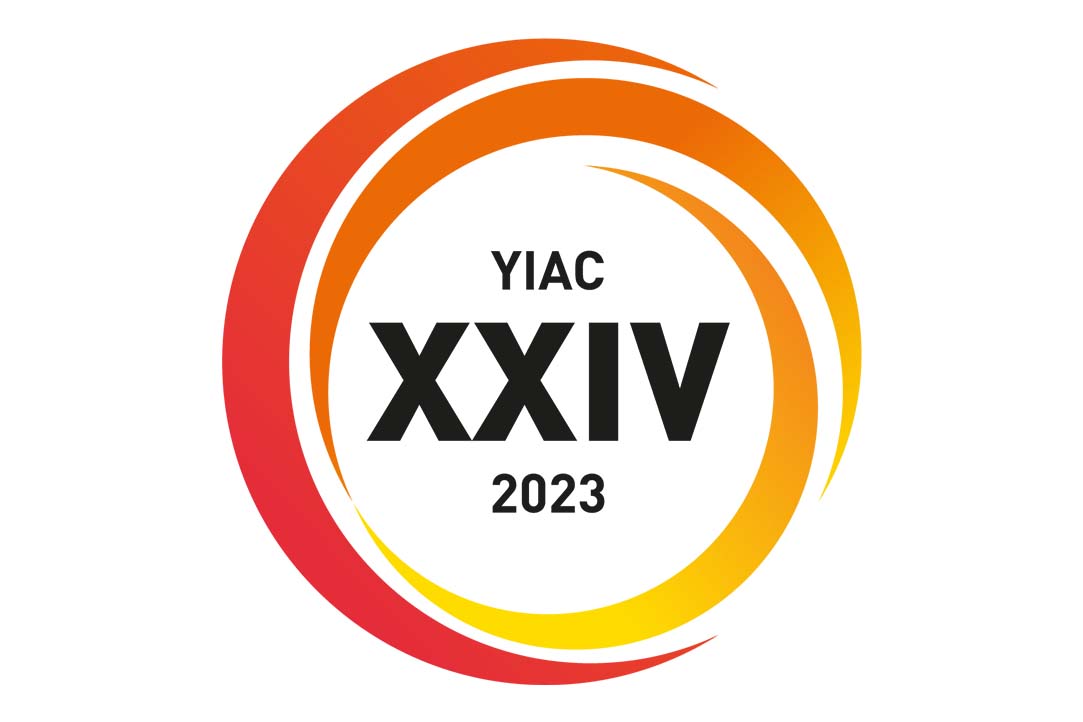
XXIV Yasin (April) Academic Conference Kicks Off at HSE University
HSE University is hosting the XXIV Yasin (April) International Academic Conference on Economic and Social Development in Moscow from April 4–14. The conference has attracted over 3,000 leading researchers, experts, business representatives and government officials from over 30 countries. The leaders of HSE University—Rector Nikita Anisimov, Academic Supervisor Yaroslav Kuzminov, and President Alexander Shokhin—addressed the conference participants.

Mikhail Mishustin: ‘I Have the Great Pleasure of Sending Greetings to the Participants of the XXIV Yasin (April) International Academic Conference’
The Prime Minister of Russia has sent a message to the participants and guests of the XXIV Yasin (April) International Academic Conference on Economic and Social Development, which began on April 4, 2023.
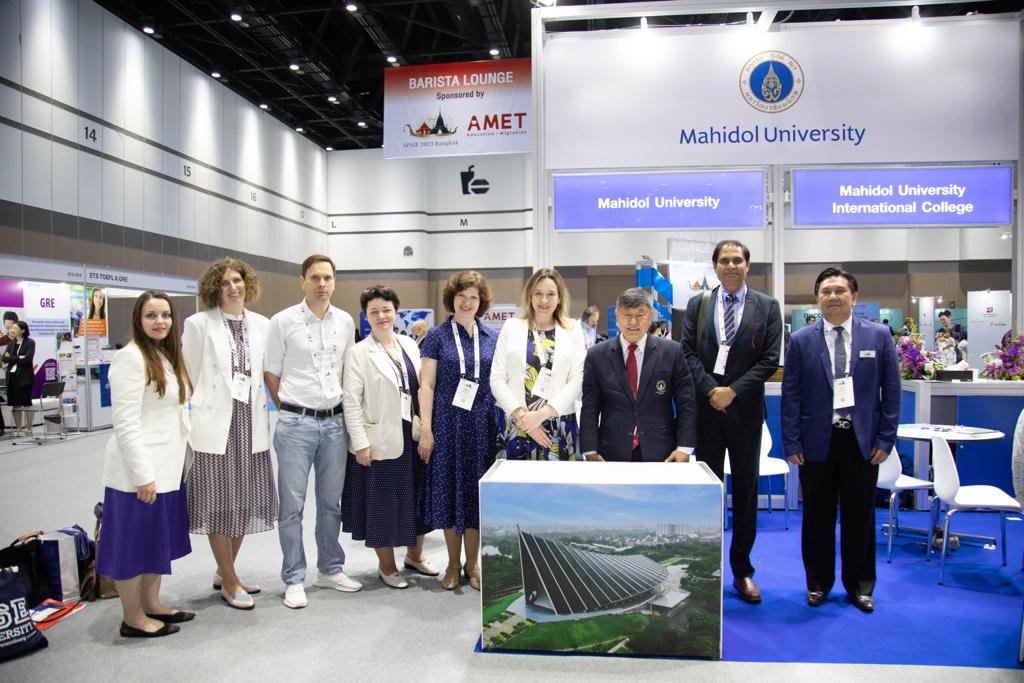
HSE and Thailand's Mahidol University Sign Cooperation and Student Exchange Agreement
In mid-March 2023, a delegation of HSE University attended APAIE, a major annual educational conference held in Bangkok. At the conference, the HSE representatives organised a session, conducted negotiations with several universities, and met with high-ranking officials from government agencies and international organisations. Furthermore, during the conference, HSE signed a cooperation and student exchange agreement with Mahidol University, one of Thailand's top national research universities.
.jpeg)
International Olympiad Competitions for University Students and Graduates Supported by VK and Avito
This year’s International Olympiad Competitions for University Students and Graduates, held in 38 subjects, have taken place. Both rounds — qualifying and final — were held in an online format. HSE University and VK Engineering and Mathematics School were the partners of the ‘Computer Systems and Networks’ category, while Avito were the partners for the ‘Applied Mathematics and Computer Science’ category.

